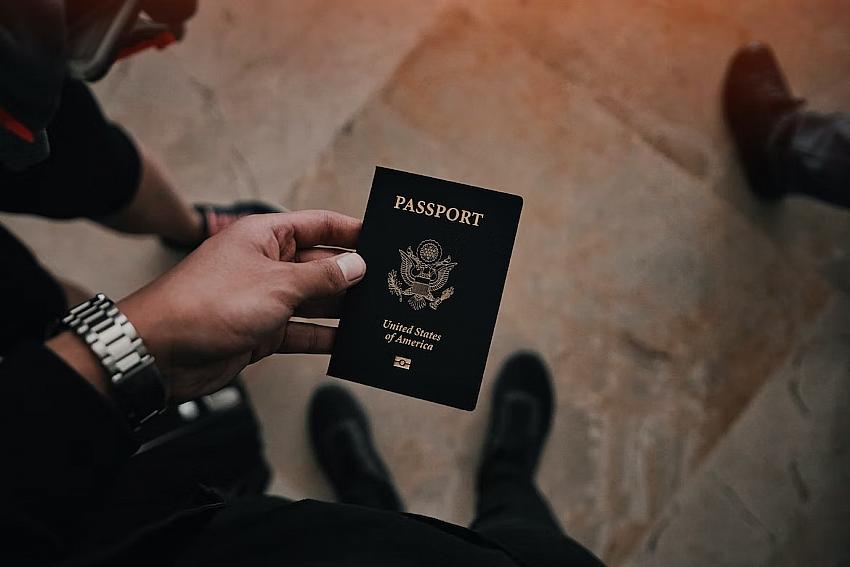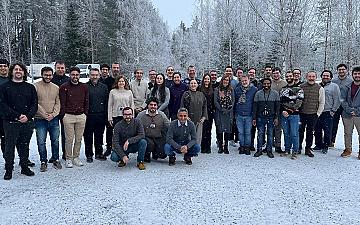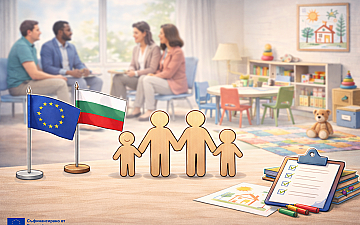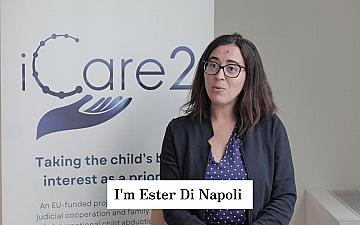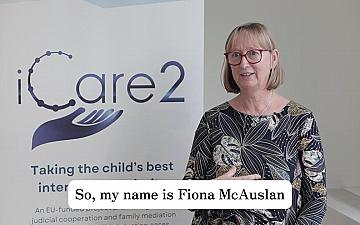When we decide to continue our studies in a country other than the one, we were born in (study abroad), questions like what documents we need, deadlines, and other requirements come to the forefront of our mind. The lack of a single source of information and the misinformation that is spread about the procedures that must be gone through in some countries make this process even more difficult and exhausting for people, especially when it comes time to face the local administration.
According to the UNESCO Institute for Statistics (UIS), there were 6 361 963 international students worldwide in 2020. Some of them are EU citizens and others are third-country nationals. The parameters of difficulty and complexity faced by students are in some cases also determined by how developed the country they wish to settle in is. Many students look for countries with lower tuition fees, which in most cases are further away from their usual place of residence, leading to cultural differences and language barriers, and in these cases the need for proper and complete information is evident.
This is one of the difficulties third-country nationals (most of them young people) face when they decide to study in Bulgaria. The confusing information, as well as the lack of it in some aspects, and the fact that in some cases is only available in Bulgarian, inspired us to combine information from different sources and personal experience and provide guidance on what documents third-country nationals should present when applying for Student Visa (D visa), as well as a long-term residency in Bulgaria, and on the difficulties they could experience due to the lack of comprehensive information.
The first thing you should know, is that when accepted to university, the authority you need to apply to for a student visa (D visa) is the Bulgarian Embassy in the country where you live. This is the rule, but in view of the COVID-19 pandemic and the changes in our daily lives, the authorities are more flexible, so it is quite possible, if you are outside your country of origin, and due to circumstances beyond your control are unable to return to you mother country, you can apply and indicate the Bulgarian Embassy in the country from which you wish to submit your application. Here is a list and contact details of Bulgarian embassies abroad.
The required documentation that you should provide when applying for Student Visa (D visa) according to the information on the website of the Ministry of Foreign Affairs in Bulgaria are:
- A completed application form;
- Photocopy of the first page of your travel document;
- Recent passport-size color photograph;
- Certificate of Acceptance in University issued by the Bulgarian Ministry of Education (original);
- Medical insurance;
- Criminal background check;
- Proof of sufficient financial means, without resorting to the social assistance system, amounting to at least the minimum monthly wage or the minimum pension according to Bulgarian law for the period of stay;
- Proof of accommodation;
- Payment of an official fee (at the Embassy);
What is not said and collected in a single source of information, but is very important in this respect, are the small details that will facilitate a smooth process, namely:
- A link to the application form;
- Information that the above referenced Medical Insurance must be valid for Bulgaria (or the entire EU) and to cover costs of healthcare, hospitalisation, and reparation for the first 12 months of your stay in Bulgaria and should be of a minimum coverage of EUR 30 000;
- The above referenced Criminal background check must be no more than six months old and must be notarised and apostilled in the country of issue. Also needs to be translated into Bulgarian and notarised again upon before submission;
- That sufficient financial means mentioned above, could be bank statements or a notarised Affidavit by family/ friend stating that they will support you financially for the duration of your study, and presenting proof that they have the money in their account;
- That the proof of accommodation could be a lease agreement (rental contract), declaration that you have been provided with a place to stay for the period of your education. And most importantly that the relevant documents must be presented to a notary public and signed in their presence;
The above proves how very often lack of comprehensive information leads to misinformation and makes our lives more difficult, as well as how much time and difficulties it would take and bring. This is also the case when it comes time to face the Migration Office.
After your visa has been approved, you should apply for residency. That should be done in three months counting from your first entry into the country according to the information available in the Ministry of Interior Migration Directorate and should be done at the Migration Office nearest to you. Here is a list and contact details of the Migration Offices in Bulgaria.
The required documentation that you should provide when applying for your residency are as follows (again the “little tips” in brackets were combined all together based on personal experience):
- Application form (It is mandatory to be filled in in Bulgarian);
- Payment of application fees (it is possible to pay both via card and cash);
- Photocopy of the first page of your passport, most recent entry stamp, and any other residency certificates you have;
- Proof of medical insurance, valid on the territory of Republic of Bulgaria (the same requirements as the ones for D visa applies);
- Proof of accommodation (the same requirements as the ones for D visa applies);
- Evidence of stable, regular, predictable or sufficient means of finance, without recourse to the social assistance system, in an amount not less than the minimum monthly wage or the minimum pension for the country, for the period of residence on the territory of the Republic of Bulgaria;
- Criminal background check (only upon initial submission of the application);
- A certificate of admission to study in the Republic of Bulgaria, issued by the Ministry of Education and Science, and a certificate issued by the higher education institution that you will study in the relevant year;
- Proof of payment of the university enrolment fee;
Once the above documents have been submitted, they must be reviewed and if accepted, you will be granted legal permission to reside in Bulgaria for a period of 12 months and you must reapply every 12 months for the duration of your studies. When you apply for renewal, you will be asked to provide the documents listed in bold above, as well as a copy of your ID (Identity) card (this will be issued initially when you first apply for your residency), and a statement from the university that you are enrolled as a student for the following student year.
When put together in one article, all the steps and "little tips" help to overcome the conundrum of misinformation associated with the visa application processes (at least to some extent) caused by the lack of comprehensive information and reliable sources, not to mention the lack of them in a foreign language. This is one of the many examples of the absence of adequate information in the modern world, which unfortunately in many cases hinders our development by putting obstacles between us and our better-informed future. Information is power, and our legal right.
